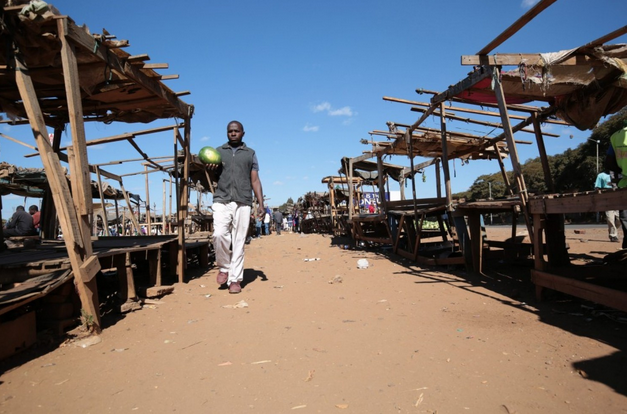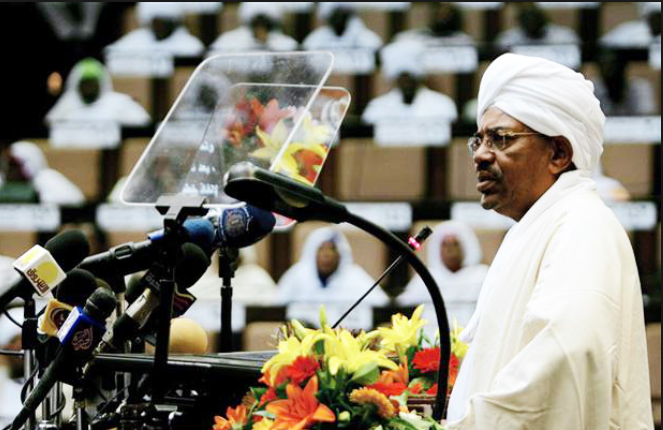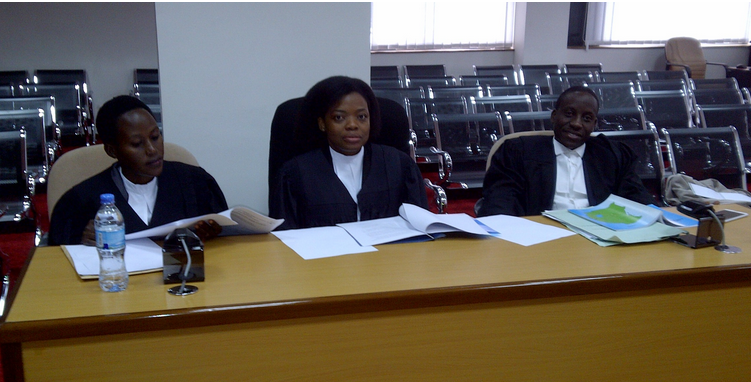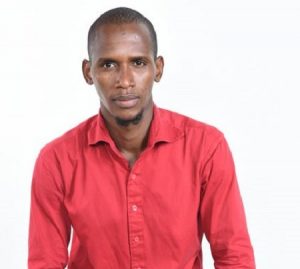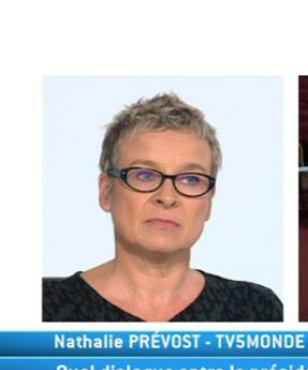This statement was originally published on hrnjuganda.org on July 1, 2016.
The struggle to strike off criminal defamation from East African statute books was on Tuesday 28 June 2016 enhanced by the regional court in Arusha Tanzania.
Five judges of First Instance Division of the East African Court of Justice (EACJ) agreed to accept the application of twenty media and human rights organization within Uganda and outside, to be party to a case challenging criminal defamation.
The judges led by the Principal Judge, Honorable Justice Monica K. Mugenyi noted the matter before them dictates the court benefit from the twenty organizations’ expertise as they determine the matter before them. “We do therefore allow this application and hereby grant the Applicants leave to be joined as amici curiae in Reference No. 16 of 2014”, said Honorable Justice Audace Ngiye who read the ruling.
“The amici curiae (friends of court) are hereby granted leave to submit a joint Amicus Brief (friendly submission) in writing in Reference No 16 0f 2014 within such a time frame as shall be directed by the court. The Amicus Brief shall be restricted to issues within the amici curiae’s mandate and of specific relevance to the Reference aforesaid,” the judges said.
Media Legal Defence Initiative, a United Kingdom media rights organization, and 19 others in June 2015, applied to be added as party to a matter filed by a radio journalist, Ronald Ssembuusi seeking to stop the Ugandan government from applying section 179 and 180 of the Penal Code Act that creates the offence of criminal defamation.
In June 2015, the UK based organization, 19 national and international organizations applied to be allowed as friends of court in the matter of a Ugandan journalist, the late Ronald Ssembuusi. The reference is challenging the continued use of criminal defamation in Uganda. Other organizations are: Africa Freedom of Information Centre, Article 19 Eastern Africa, Centre for Human Rights of the University of Pretoria, Centre for Media Studies and Peace Building, Centre for Public Interest Law, Committee to Protect Journalists, Foundation for Human Rights Initiative, Freedom of Expression Institute, Ghanaian PEN Centre, Human Rights Network-Uganda, Media Council of Tanzania, Media Rights Agenda, Media Institute of Southern Africa, Pan African Lawyers Union, PEN International, PEN Sierra Leon, PEN South Africa, PEN Uganda and World Association of Newspapers and News Publishers.
Last year in November the court granted permission to Special Rapporteurs on freedom of expression Faith Dikeledi Pansy Tlakula of AU and David Kaye of UN, to be part of the case.
The judges said that the court will benefit from the organizations expertise “in the issues under scrutiny in the substantive” case before court. They noted that the court will be at liberty to disregard their advice if it seeks to influence the case.
“It seems to us, therefore that whereas an amicus curiae must of necessity have some semblance of interest in a matter that would motivate it to apply to be joined therein in the first place, courts are at liberty to disregard amicus briefs that seek to influence the final outcome or attempt to persuade the court one way or another. For present purposes therefore, should this Court deduce a biased, irrational and un-researched premise for the positions advanced by the Applicants, it would be at liberty to sever its friendship with them and disregard the amicus brief,” the judges stated in their ten page ruling.
They noted that a ‘friend of court’ assists the court by providing information so that the court does not fall into errors, but does not seek to influence the final outcome or attempt to persuade the court to adopt a particular view, whether or not he has a direct interest in the matter outcome.
Senior State Attorney, Jeffrey Atwiine in November 2015 opposed the application by the 20 organizations on grounds that they have an interest in the matter before court and are working so to eliminate criminal defamation.
“We are completely dissatisfied by the ruling. We are going to appeal. The organizations in this matter are inherently biased and there are quite a number of issues the judges ignored. These organization are better suited to join as interveners not as amicus curiae,” Atwiine said after the ruling. Rule 77 of the EACJ Rules of Procedure allows anyone to appeal any judgment or order of the First Instance Division of the Court on three grounds: points of law, lack of jurisdiction and procedural irregularity.
Donald Deya, the Chief Executive Officer Pan African Lawyers Union and a human rights lawyer based in Arusha Tanzania, said the ruling was solid, well-reasoned and a good precedent which “should be followed by the national courts” within the East African Community. He said EACJ has taken a progressive approach regarding Amicus Curiae matters. He wondered why the Uganda Attorney General want to appeal such a ruling.
“We are happy about this development as it will enable court reach a more informed decision. Defamation has turned out to be the most used charge against journalists involved in investigative and independent critical journalism,” said Robert Ssempala the National Coordinator Human Rights Network for Journalist.
The President of the Uganda Law Society, Gimara Francis represents the 20 organizations while Catherine Anite and Nicholas Opiyo represent the late Ronald Ssembuusi.
On December 2nd 2014, Ronald Ssembuusi, a radio journalist, petitioned the East African Court of Justice in Arusha Tanzania challenging the continued use of sections 179 and 180 of the Penal Code of Uganda which provides for the offence of criminal defamation claiming that it violates the Treaty for the Establishment of the East African Community. Ssembuusi died a few weeks after filing the reference. The rules of the court provide that the death of a party does not stop the matter but a representative must be appointed.
The case is before five judges, led by the Principal Judge, Hon. Justice Monica K. Mugenyi. Others are Deputy Principal Judge Isaac Lenaola, Hon Justice Faustin Ntezilyayo, Hon Justice Fakihi A. Jundu and Hon Justice Audace Ngiye.
Of recent there has been intensified use of criminal defamation laws in Uganda, arresting, detaining and charging journalists. According to HRNJ-Uganda over (15) fifteen journalists have pending criminal defamation charges. Most of the complainant’s are government officials with power as well as influence and business tycoons. In June 2016, a Red Pepper journalist, Sadat Waliggo based in Lyantonde was charged with criminal libel and remanded in prison where he spent two nights. He was released on court bail. Prosecution alleges that he defamed the Resident District Commissioner, Sulaiman Tugaragara Matojo Ssalongo.




